Precision Farming with Ammonium Sulphate Powder: A Game-Changer in Fertilization
As agriculture adopts new technologies to enhance efficiency and sustainability, ammonium sulphate powder is proving to be an essential tool in precision farming. Known for its high nitrogen content and rich supply of sulfur, ammonium sulphate powder offers targeted nutrient delivery to crops, improving yields and supporting environmentally friendly practices. By aligning with the goals of precision agriculture, this fertilizer ensures that plants receive the right nutrients at the right time, reducing waste and increasing productivity.
What is Ammonium Sulphate Powder?
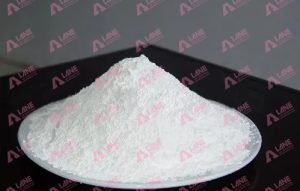
Ammonium sulphate powder (AS) is a highly soluble, nitrogen-rich fertilizer containing 21% nitrogen (N) and 24% sulfur (S). Nitrogen is critical for plant growth, promoting the development of leaves and stems, while sulfur plays an essential role in enzyme activity and protein synthesis. These two nutrients make ammonium sulphate powder a versatile fertilizer, especially in areas where sulfur deficiency is prevalent.
Unlike other nitrogen fertilizers prone to leaching, ammonium sulphate remains stable in the soil, ensuring that nitrogen stays available to plants throughout their growth cycle. Its fine powder form makes it easy to mix with other fertilizers and apply precisely through irrigation or foliar feeding systems.
Main Production Process
1. Raw Material Preparation
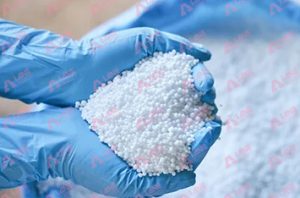
The key raw materials in ammonium sulphate production are ammonia (NH₃) and sulfuric acid (H₂SO₄). These chemicals are stored under controlled conditions to maintain safety and quality. The purity of the raw materials directly impacts the final product, so impurities are filtered out before processing.
2. Chemical Reaction
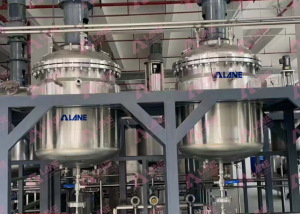
The core of the process involves the reaction between ammonia and sulfuric acid to produce ammonium sulphate:
2NH3+H2SO4→(NH4)2SO42 NH_3 + H_2SO_4 → (NH_4)_2SO_4
This exothermic reaction occurs in a reactor vessel, generating ammonium sulphate in solution form. The precise control of temperature and pressure ensures the optimal conversion of raw materials into ammonium sulphate while preventing unwanted side reactions.
3. Evaporation and Crystallization
The ammonium sulphate solution is transferred to an evaporator to remove excess water, concentrating the solution. As the water evaporates, the ammonium sulphate crystallizes.
In the crystallization unit, conditions are carefully controlled to produce uniform, fine particles. The size of the crystals affects the solubility and handling characteristics of the final powder product.
4. Drying
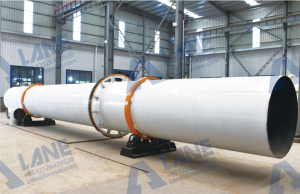
After crystallization, the ammonium sulphate crystals still contain moisture. To ensure stability during storage, the product is passed through a rotary dryer to reduce moisture content to the desired level.
This drying process prevents clumping and improves the shelf life of the ammonium sulphate powder.
5. Crushing and Milling
Once dried, the crystals are processed into a fine powder to improve solubility and ensure easy mixing with other fertilizers. The crystals are crushed and milled into powder using grinding machines.
This step ensures that the powder has a uniform particle size, making it ideal for precision applications such as fertigation and foliar feeding.
How Ammonium Sulphate Powder Supports Precision Farming
Precision farming involves the use of data and technology to optimize crop management. The goal is to apply the right amount of inputs—such as water, fertilizers, and pesticides—exactly where and when they are needed. Ammonium sulphate powder fits perfectly into this model due to its solubility, targeted nutrient delivery, and adaptability to various application methods.
- Precision Nutrient Management: With its controlled nitrogen release and sulfur content, ammonium sulphate provides balanced nutrition that matches the crop’s specific growth stages, preventing over-fertilization and nutrient waste.
- Compatibility with Smart Irrigation: Ammonium sulphate powder dissolves easily, making it ideal for fertigation systems, where fertilizers are delivered through irrigation. This ensures even distribution of nutrients across fields, promoting uniform crop growth.
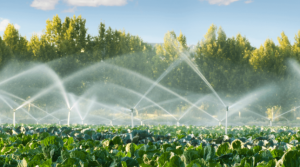
- Enhanced Foliar Application: When applied as a foliar spray, the powder delivers nutrients directly to the leaves, providing quick absorption during critical growth stages. This targeted application improves nutrient use efficiency and reduces environmental impact.
The Benefits of Ammonium Sulphate Powder in Fertilization
1. Improved Nutrient Use Efficiency
Ammonium sulphate powder ensures that nitrogen and sulfur are available to plants over an extended period. Its ammonium form reduces nitrogen losses through volatilization, while the sulfur improves nitrogen uptake, maximizing fertilizer efficiency.
2. Increased Crop Yields and Quality
Nitrogen promotes lush, healthy foliage, while sulfur enhances the synthesis of proteins and oils, improving the quality of grains, fruits, and vegetables. Ammonium sulphate is especially beneficial for crops like cereals, canola, and legumes that require high levels of sulfur.
3. Soil pH Management
The ammonium in ammonium sulphate acidifies the soil as it converts to nitrate. This makes the fertilizer ideal for alkaline soils, where it lowers pH and improves nutrient availability.
4. Minimal Environmental Impact
Precision application of ammonium sulphate powder reduces the risk of nutrient runoff and leaching, protecting water bodies from contamination. This aligns with sustainable farming practices that aim to minimize environmental impact.
5. Compatibility with Other Fertilizers
Ammonium sulphate powder can be mixed with other fertilizers, including phosphorus and potassium sources, to create custom blends tailored to specific crop needs. This flexibility makes it a valuable input in modern agriculture.
Applications of Ammonium Sulphate Powder in Agriculture
1. Cereal Crops
Ammonium sulphate powder supports high yields in cereal crops like wheat, barley, and rice by providing essential nitrogen and sulfur during critical growth stages.
2. Oilseeds and Legumes
Sulfur is a key nutrient for oilseed crops such as canola and soybeans. Ammonium sulphate enhances oil content and improves seed quality, resulting in higher market value.
3. Fruits and Vegetables
Ammonium sulphate ensures uniform growth in fruit trees and vegetable crops by delivering consistent nitrogen and sulfur throughout the growing season. It is especially beneficial for sulfur-loving crops like onions, garlic, and citrus fruits.
4. Greenhouse and Hydroponic Systems
In hydroponic and greenhouse setups, ammonium sulphate powder is used for precision fertilization through fertigation. Its high solubility ensures that nutrients are efficiently absorbed, even in soilless environments.
Innovations in the Use of Ammonium Sulphate Powder
1. Integration with Precision Agriculture Tools
Farmers are increasingly using soil sensors and crop monitoring tools to determine nutrient deficiencies in real time. With this data, ammonium sulphate powder can be applied precisely where and when it is needed, improving fertilizer efficiency.
2. Automated Fertilizer Application Systems
Ammonium sulphate powder works well with automated application systems that deliver fertilizers through irrigation or drones. These systems ensure accurate dosing, reducing labor and input costs.
3. Environmentally Friendly Blends
To enhance sustainability, some manufacturers are blending ammonium sulphate powder with organic fertilizers or bio-stimulants. These products improve soil health and reduce chemical dependency.
4. Adoption in Climate-Resilient Farming
As climate change brings more extreme weather patterns, ammonium sulphate powder helps crops adapt by improving root systems and water-use efficiency. Its controlled release ensures that crops receive steady nutrition, even under stressful conditions.
Challenges and Solutions in Using Ammonium Sulphate Powder
1. Soil Acidification Risks
While ammonium sulphate is beneficial for alkaline soils, excessive use in neutral or acidic soils can lead to over-acidification. Farmers should conduct regular soil tests to monitor pH levels and apply lime if needed to maintain balance.
2. Storage and Handling
Ammonium sulphate powder is hygroscopic, meaning it can absorb moisture from the air and form clumps. Proper storage in airtight containers or climate-controlled facilities ensures product stability.
3. Market Awareness
Although ammonium sulphate offers numerous benefits, some farmers may be more familiar with other nitrogen fertilizers. Training programs and demonstration plots can help promote the advantages of ammonium sulphate powder in precision farming systems.
Conclusion
Ammonium Sulphate Powder is transforming fertilization practices by aligning with the principles of precision farming. Its ability to provide both nitrogen and sulfur, along with its solubility and compatibility with modern application methods, makes it a valuable asset for farmers seeking to optimize yields and reduce environmental impact.
Through smart irrigation, foliar application, and tailored fertilizer blends, ammonium sulphate powder delivers nutrients efficiently, supporting crop health and sustainability. As precision farming technologies continue to evolve, ammonium sulphate will play an even more critical role in meeting global food demands while protecting natural resources.
By embracing ammonium sulphate powder in their fertilization programs, farmers can achieve higher productivity, lower costs, and more sustainable outcomes—paving the way for the future of agriculture.



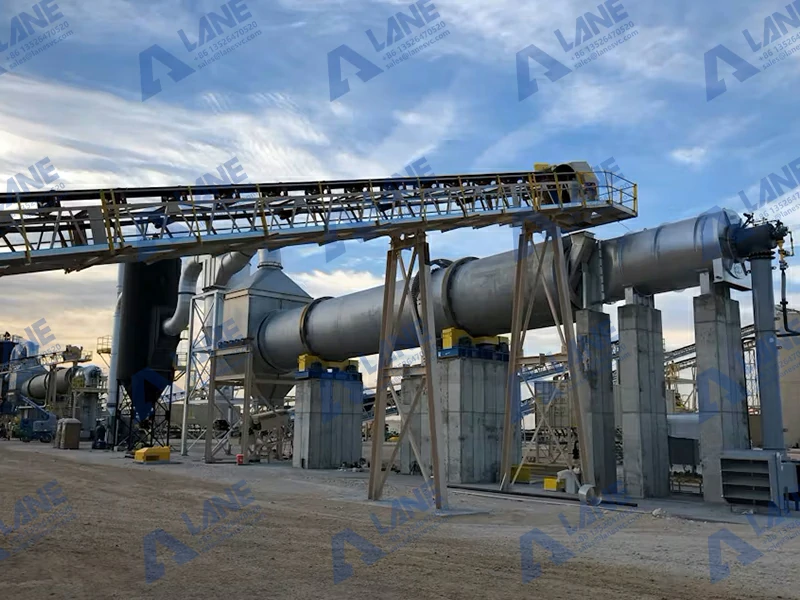
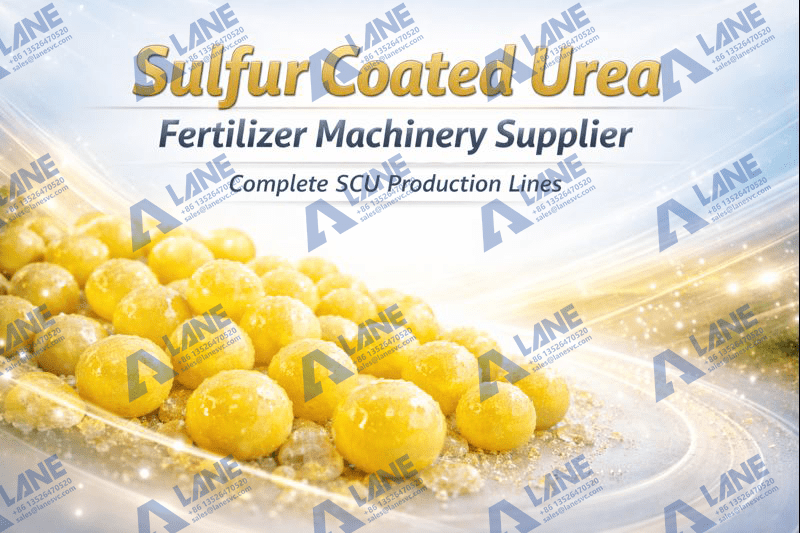
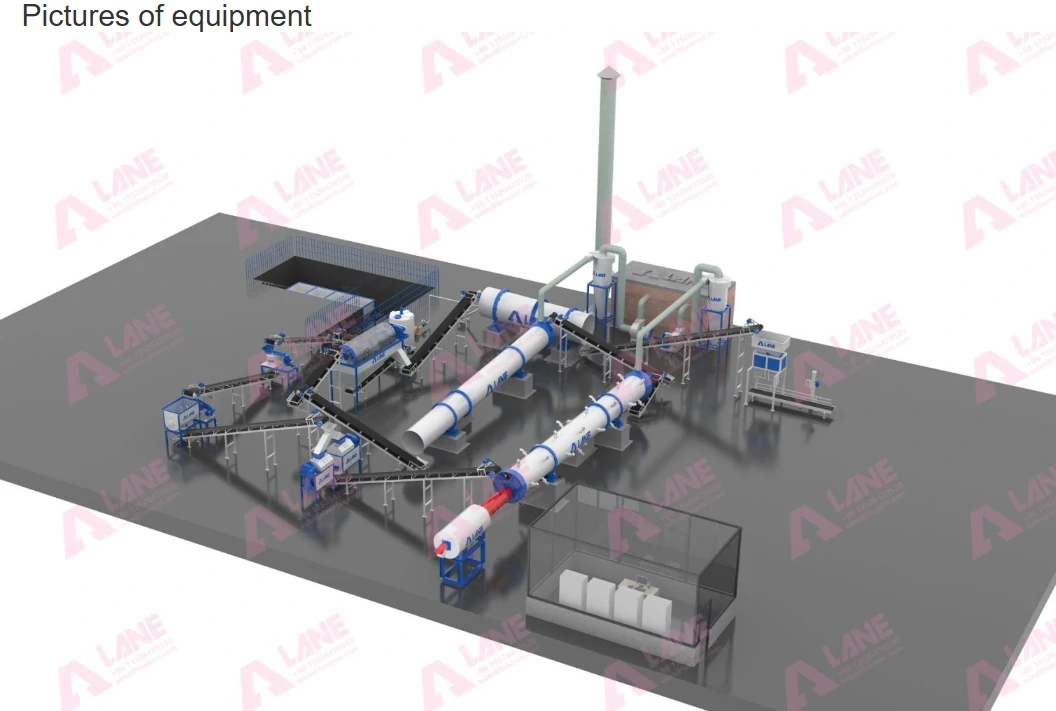

Send a message to us